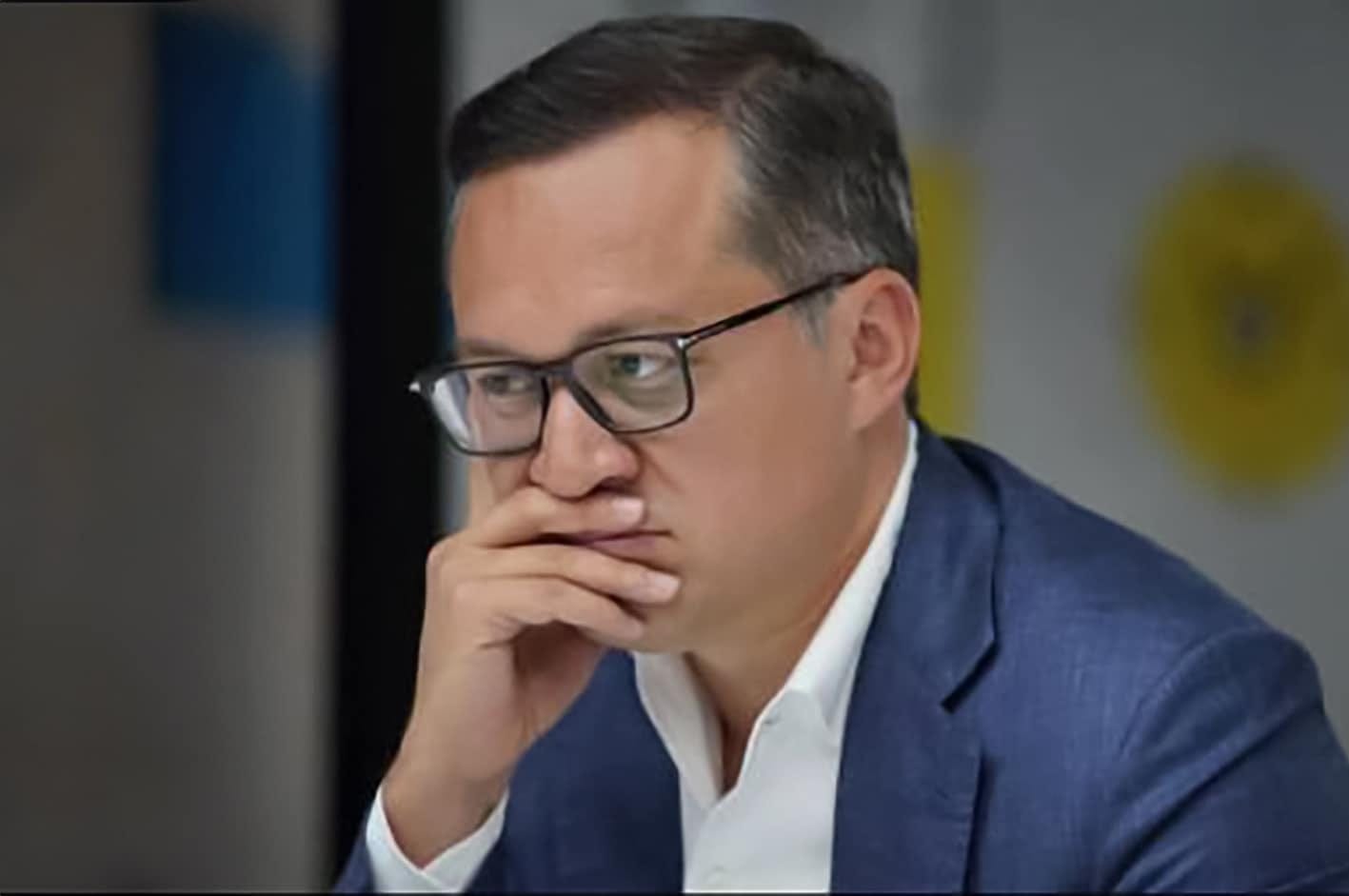Central Asia's week that was #41
Uzbek assassination plotters sentenced, Kazakh VAT backtrack, new China-Afghan rail route. Also, more Karimova plunder returned, Kyrgyz anthem contest, and Turkmen football travel ban.
So this happened…

A military court in Uzbekistan sentenced 10 people to prison terms of up to 23 years for their roles in the attempted assassination of Komil Allamjonov, a former high-ranking presidential administration official. Among those convicted …
Keep reading with a 7-day free trial
Subscribe to Havli - A Central Asia Substack to keep reading this post and get 7 days of free access to the full post archives.




